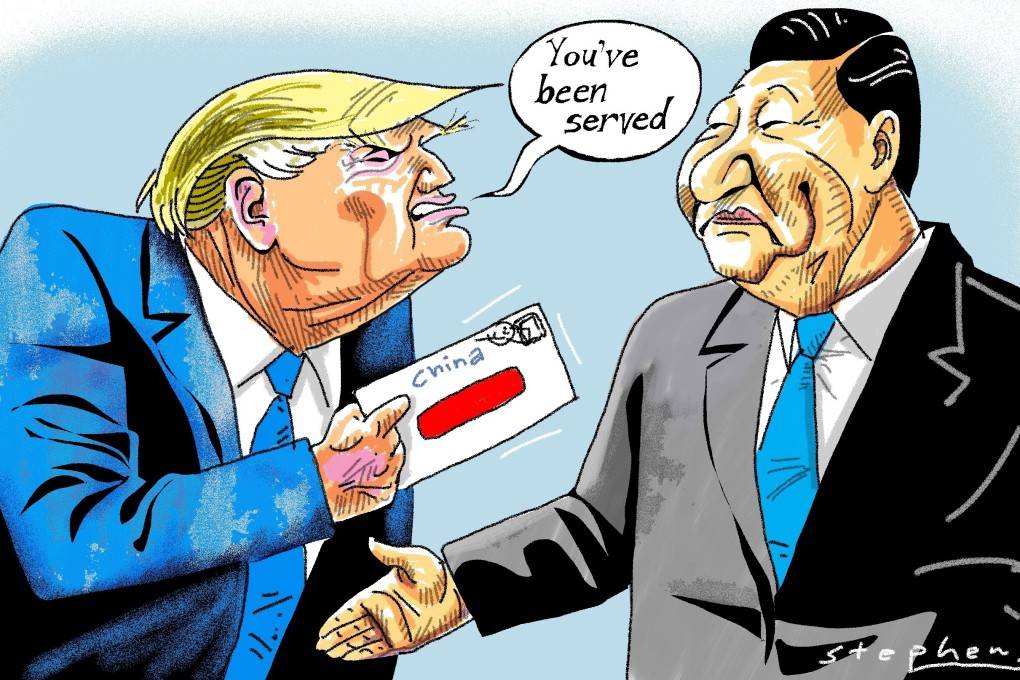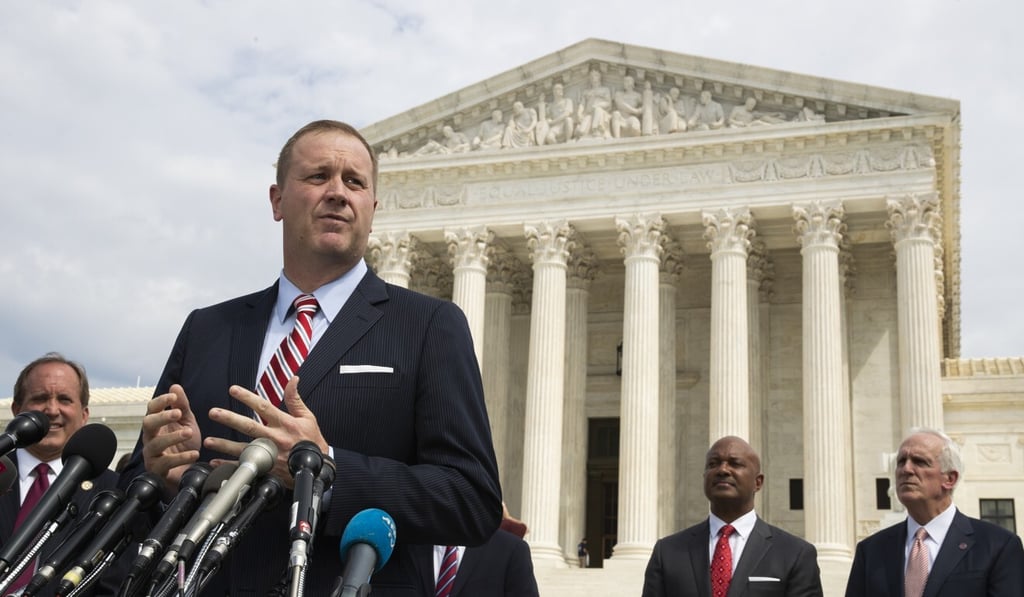Advertisement
Opinion | Coronavirus-related US lawsuits against China risk a further worsening of relations, and could backfire
- The passage of the Justice Against Sponsors of Terrorism Act in 2016 and its impact offer a glimpse into the possible knock-on effects of US lawsuits against China over its handling of the Covid-19 outbreak
Reading Time:4 minutes
Why you can trust SCMP
0

A flurry of complaints have been filed against China in US federal courts seeking enormous damages caused by China’s mishandling of the coronavirus outbreak. These include class actions filed on behalf of individuals and businesses from at least five different states, as well as a lawsuit by the state attorney general from Missouri, while Mississippi has also said it will file a case.
Plaintiffs from other countries are following suit. China has slammed this spontaneous order of litigations as “absurd”. Global Times, a state-run Chinese newspaper, responded by calling these litigations a political strategy to divert public anger away from the Trump administration’s ineptitude in handling the pandemic.
As a general principle of international law, foreign governments cannot be sued except under limited circumstances. This is based on the doctrine of reciprocity. If the United States permits lawsuits against other sovereigns, this could prompt other countries to take reciprocal measures, exposing US citizens and businesses to legal risks abroad. For this reason, many legal experts expect these lawsuits to fail.
Parallel to these lawsuits, Republicans are in the midst of proposing bills that will modify the Foreign Sovereign Immunities Act in an effort to strip China of its immunity from being challenged in US courts for Covid-19 damages. If Congress grants such a proposal, it could add new momentum to these litigations.

This course of action is not new. In 2016, Congress adopted the Justice Against Sponsors of Terrorism Act (JASTA), which allows lawsuits to be filed against foreign governments for sponsoring acts of terrorism. The enactment of the bill has enabled victims of 9/11 to move forward with their long-standing lawsuits against Saudi Arabia, notwithstanding the absence of clear evidence of the Arab state’s involvement in the terrorist act.
Advertisement
Select Voice
Choose your listening speed
Get through articles 2-3x faster
1.1x
220 WPM
Slow
Normal
Fast
1.1x
.png?itok=mbe98xRb&v=1696402135)